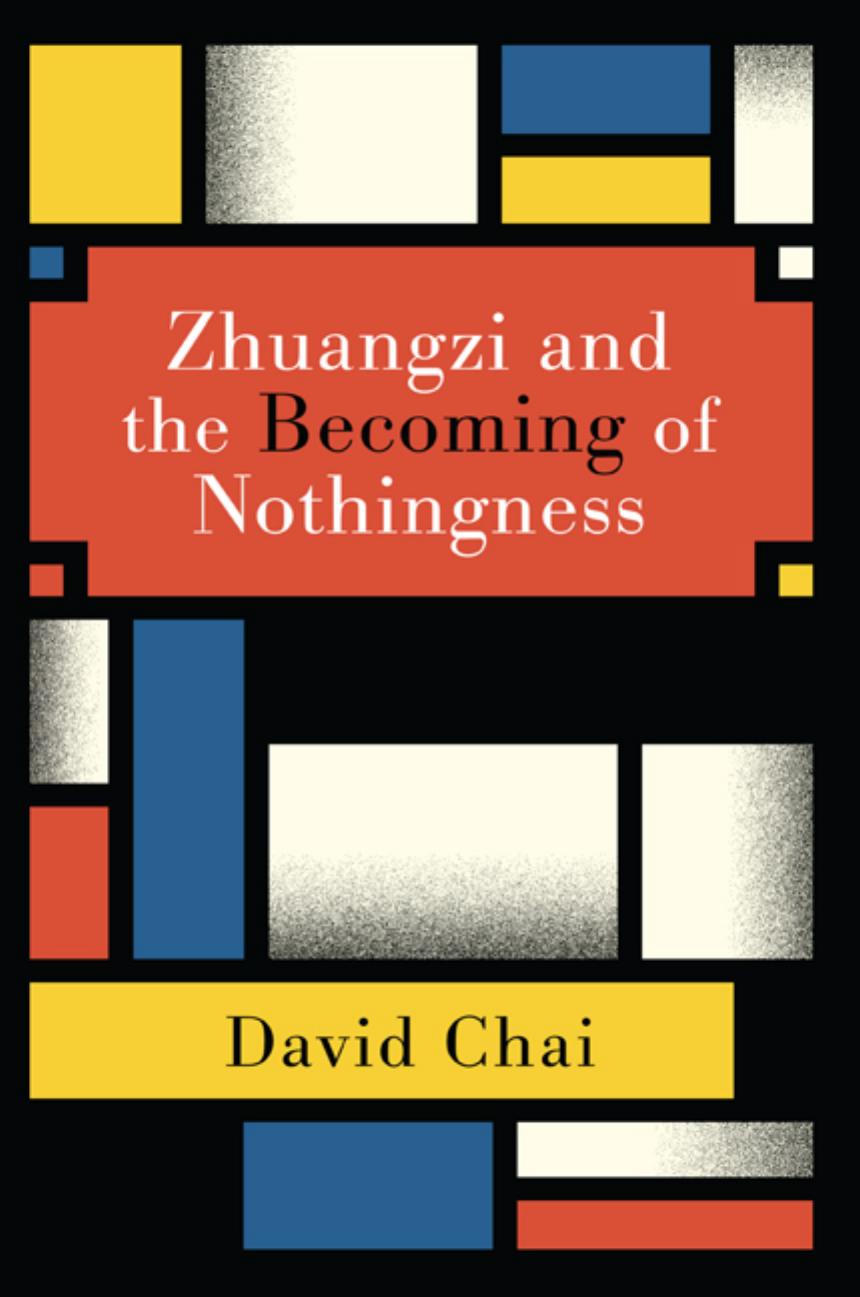Zhuangzi and the Becoming of Nothingness by David Chai

Author:David Chai
Language: eng
Format: epub, pdf
Publisher: State University of New York Press
Published: 2018-03-12T16:00:00+00:00
Conclusion
In their quest to reacquire their inborn uselessness by reuniting with Dao, many beings fail; for the few that do succeed, they are rewarded with a lifetime uninterrupted by toil or hardship. This would explain why the old oak tree said it sought to be useless for a very long time, such that it was nearly killed, but knowing how to succeed in said endeavor proves to be of great value. By shunning its need for self-flattery in the form of fragrant wood or flowers, the old tree was able to break away from the shackles of humanity’s conception of utility and beauty. Having learned how to return to a life praxis that is natural to its inborn nature, the tree was thereby able to live out its remaining years untouched by the axe of the carpenter while drawing others to it, rendering its newfound state of uselessness useful. Given the non-sagacious character of carpenter Shi and the holistic existence of the old tree, is it any wonder the latter questions the authority of the former when referring to it pejoratively as a useless thing? Thus the useless has its use while the useful becomes useless.
The question that was previously raised, and which remains to be answered, is how does one go about making oneself useless? In the case of things, it would appear losing a physical trait is sufficient, but for humanity that is not necessarily a desirable outcome. Owing to the presence of an empirical-self, however, humans have the unique capacity for psychological reversion; a reversion not in the sense of a regression of our mental capacity but the ability to shut off our conscious mind through the act of forgetting. The idea of forgetting—either as a literal forgetting of one’s being or as a composing of mind—plays a central role not only in the Zhuangzi’s model of life praxis but also in its understanding of the steps needed to return to the nothingness of Dao. Although the present chapter has illuminated the much-overlooked framework engaging conceptions of what it means to be useless, it falls upon the next chapter to approach uselessness as representative of the ontological nothingness of Dao from the standpoint of forgetting so as to achieve a state of simplicity. Simplicity is, in turn, achieved through composing the mind, the outcome of which informs the final chapter of this book—a holistic freedom whose culmination leads to harmoniously uniting with Dao.
Download
Zhuangzi and the Becoming of Nothingness by David Chai.pdf
This site does not store any files on its server. We only index and link to content provided by other sites. Please contact the content providers to delete copyright contents if any and email us, we'll remove relevant links or contents immediately.
| Confucianism | Feng Shui |
| I Ching | Jainism |
| Karma | Shintoism |
| Sikhism | Tao Te Ching |
| Taoism | Tibetan Book of the Dead |
| Zoroastrianism |
The Tao of Physics by Fritjof Capra(1841)
The Diamond Cutter by Geshe Michael Roach(1668)
Feng Shui by Stephen Skinner(1615)
Human Design by Chetan Parkyn(1568)
The Alchemy of Sexual Energy by Mantak Chia(1486)
Tao Te Ching by Lao Tzu(1481)
365 Tao: Daily Meditations by Ming-Dao Deng(1298)
Tao Tantric Arts for Women by Minke de Vos(1257)
Sun Tzu's The Art of War by Giles Lionel Minford John Tzu Sun(1239)
Karma-Yoga and Bhakti-Yoga by Swami Vivekananda(1217)
Sidney Sheldon (1982) Master Of The Game by Sidney Sheldon(1184)
Buddhism 101 by Arnie Kozak(1182)
The Analects of Confucius by Burton Watson(1141)
The Art of War Other Classics of Eastern Philosophy by Sun Tzu Lao-Tzu Confucius Mencius(1138)
The New Bohemians Handbook by Justina Blakeney(1101)
Tao te ching by Lao Tzu(1075)
The Way of Chuang Tzu by Thomas Merton(1067)
The Sayings Of by Confucius(1025)
Bless This House by Donna Henes(987)
